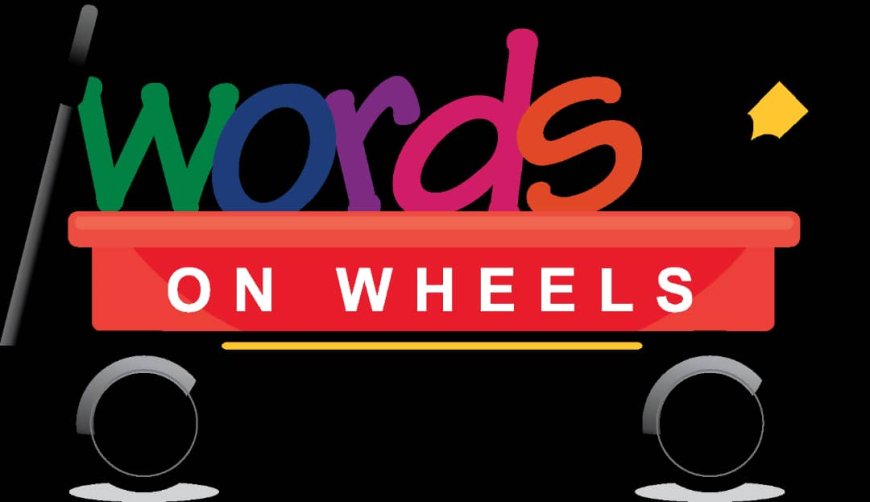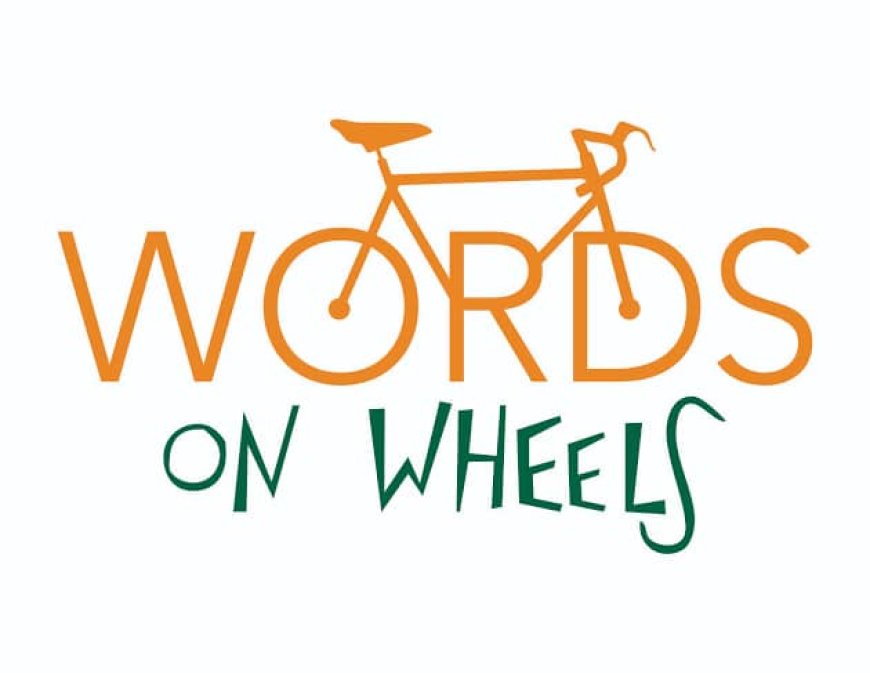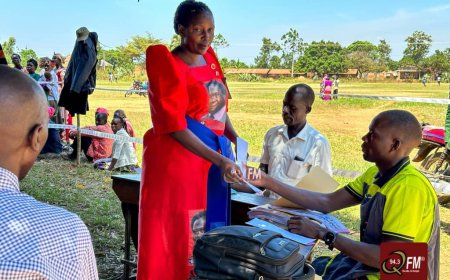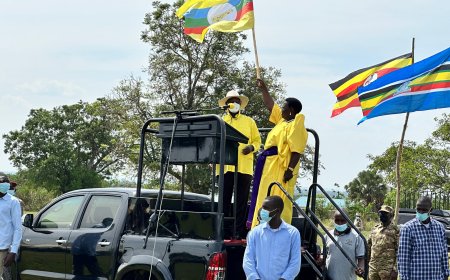Literacy on Wheel: Boosting Knowledge Acquisition

Lira, Uganda - There was a problem that many didn’t realize existed: not all the children had access to books. Lack of funds and resources meant that many families, especially those in the rural areas on the outskirts, couldn’t make the trip into town for a book.

The town’s children, once eager to read, now found themselves without the resources to explore the worlds that books offered. However, Barapwo primary school and Omito primary school (Lira city), and Otwal P.7 and Anyomolyec Primary school (Oyam district) will now have more reasons to smile.
Community Focus International (CFI) through Alternative Basic Education (ABE) has now introduced a new learning model dubbed “Literacy on Wheels project”.
CFI’s partnership with Read to Learn (NGO) on the Literacy on Wheels project will further enhance the ability of Literacy on Wheels Champions to reach learners in innovative ways.
Literacy on Wheels deploys mobile libraries, staffed by trained Literacy Champions who bring books and reading activities directly into the community.
This project, once effectively implemented in fostering a reading culture, engaging both children and their families in literacy activities will ensure consistency in reading practice outside the classroom.
Integrating Literacy on Wheels into this project will help us reinforce foundational learning and create a bridge between school-based and community-based learning, ensuring that children have access to reading materials and support both at home and in school.
In this current project, the main aim is to leverage these partnerships and previous work to develop a holistic approach to education, encompassing foundational skills, life skills, and early childhood development.
The lessons from ABE and Literacy on Wheels emphasize that education must be community-centered, with continuous support and active engagement from families and local leaders.
By embedding these community-oriented strategies, CFI can promote sustainable learning environments where learners not only gain academic skills but also become confident, capable learners within supportive communities. Past projects have shown that involving parents, teachers, and community volunteers has a substantial impact thus continuity in this practice will eventually maximize outreach and engagement.
What's Your Reaction?



















































































